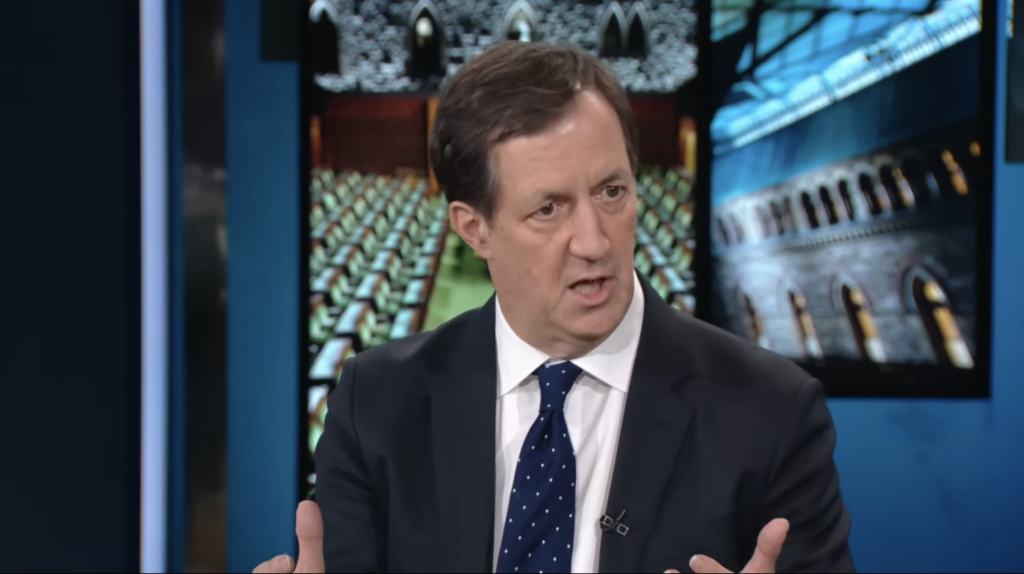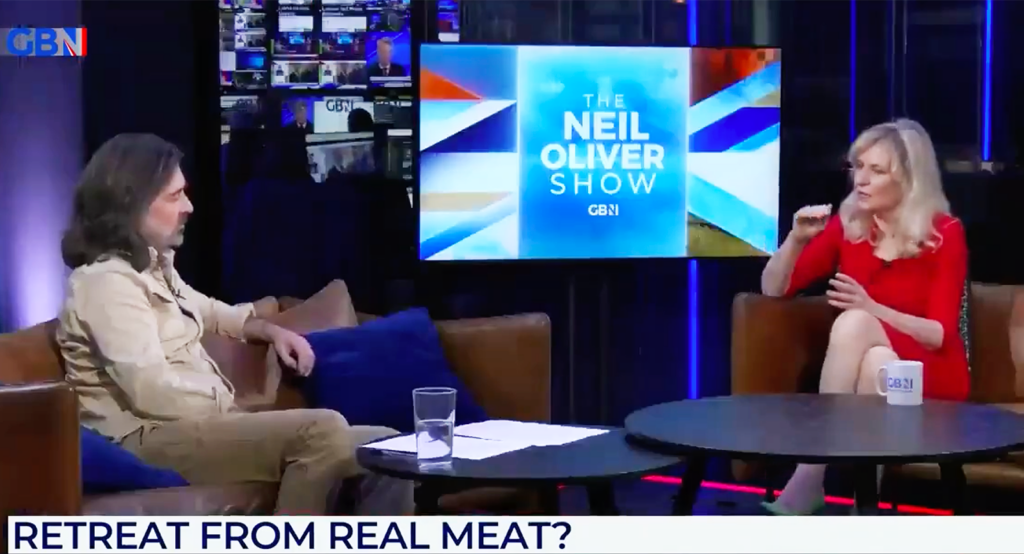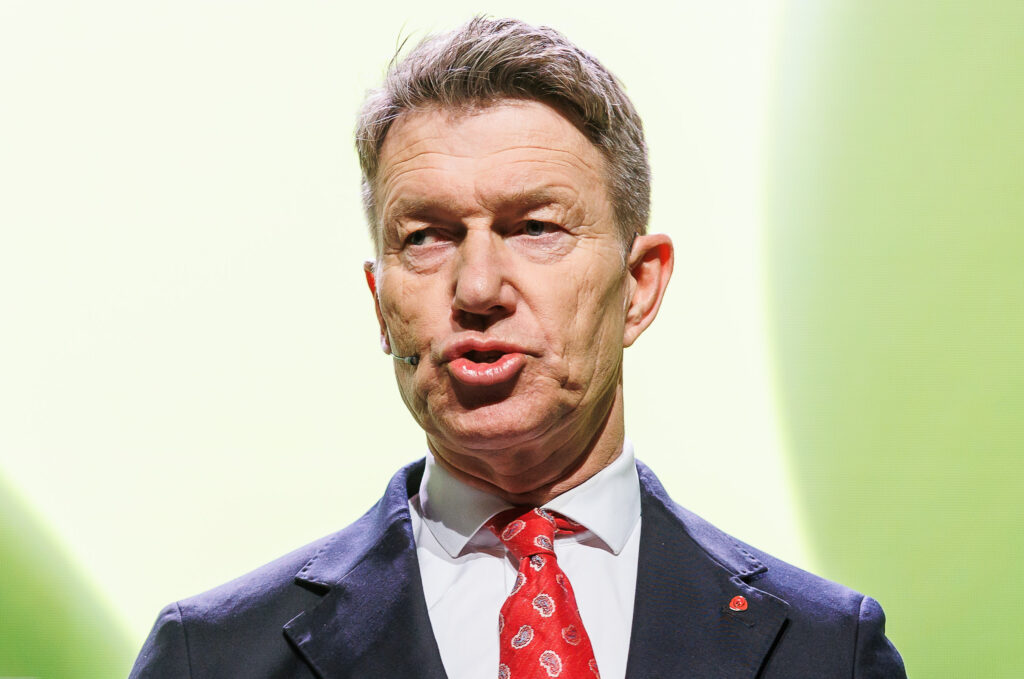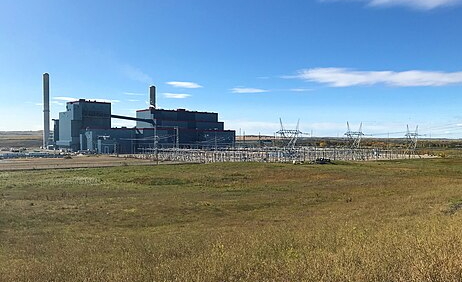This is a guest post by ClimateDenierRoundup
In an interesting new paper, two pairs of authors bring their unique viewpoints to bear on a hard to handle subject – how should scientists and the public interact to ensure the accuracy of scientific studies? How can scientists tell the difference between politically motivated trolls (deniers) and genuinely interested non-academics (skeptics)?
Two of the authors are well known in climate circles: Dr. Michael Mann and Dr. Stephan Lewandowsky. They’re joined by Nicholas J. L. Brown and Dr. Harris Friedman, an outsider and an academic who worked together to upend a once-popular study in behavioral psychology. Together, the group provides a unique take on how to distinguish between the honest skepticism embodied by Brown and Friedman and the denialist abuse regularly hurled at Mann and Lewandowsky.
Skepticism can be distinguished from denial in a few key ways, like denial’s reliance on conspiracy theories, its tendency to attack scientists and its lack of peer-review. Skepticism, on the other hand, tends to work within the peer-review system and maintain a cordial relationship with those it questions. The concluding line of the study sums it up well: “denial is not an ‘avenue of last resort’ for members of the public who are desperate to contribute to science or even correct it, but a politically-motivated effort to undermine science.”
Helpfully, the authors offer scientists and skeptics alike solutions in two appendices that accompany the piece. The first is a set of guidelines for skeptical members of the public who wish to engage with scientists. This is what the group learned from the case study of Nick Brown, who after hearing about a study in a part-time psychology course, sought out Dr. Friedman for help and advice replicating and verifying the findings. The pair then worked together on series of studies, going through scientific channels over a fairly long period of time to respectfully correct the original flawed, but frequently cited, study. This process exemplifies the true skepticism approach.
The second appendix is a set of guidelines for scientists on how to deal with non-scientists (be they skeptics or deniers) who contact them for further information about a study, the unfortunate speciality of Lewandowsky and Mann. They remind readers to be polite and assume inquiries are made in good faith, but also understand that any private correspondence could be made public and be cautious about sock puppets – a lesson Lewandowsky learned the hard way. Data should be freely shared, but sensitive medical or behavioral info requires professional handling to ensure the privacy of subjects isn’t violated.
The guidelines warn that repeated requests for private messages, unfinished drafts or raw data for re-analysis are more likely to come from trolls. While data re-analysis is often well meaning, the tobacco industry was fond of applying biased methods to raw data in order to defend itself. And unfortunately, climate deniers seem to have gotten hooked on this nasty habit of Big Tobacco.
One last thing, Nick Brown’s blog has a small story well worth reading. With the publication of this paper, he holds the distinction of being the only person on the planet (probably) who has co-authored with both Dr. Michael Mann and the noxious Rush-Limbaugh wanna-be pundit Mann is suing, Mark Steyn.
Image credit: César Astudillo via Flickr CC.
Subscribe to our newsletter
Stay up to date with DeSmog news and alerts






